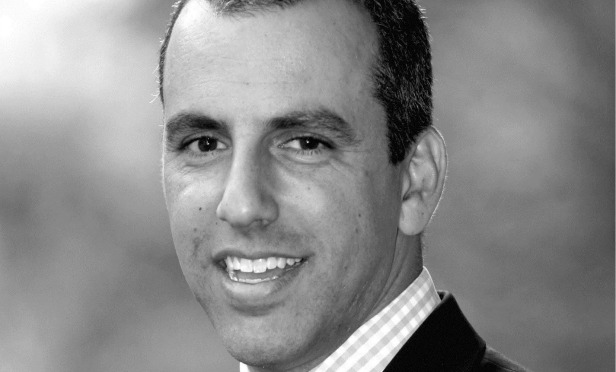
Private lending platforms are taking on the medical office and healthcare deals that other lending sources are turning away. iBorrow CEO Brian Good says that the firm has seen increased activity for medical office and healthcare deals, and believes that the asset classes are good long-term investment opportunities. The firm recently provided $6 million to refinance a maturing loan for a skilled nursing facility. The property recently settled a partner dispute and turned to the private lender for a bridge loan while it secured a permanent financing through HUD.
“There is strong and growing demand for loans to refinance and purchase all types of healthcare-related properties, including medical offices, senior and assisted living facilities and skilled nursing facilities,” Good tells GlobeSt.com. “Because of the perceived intense operational needs, banks and CMBS lenders are passing on these opportunities. iBorrow lends on these property types as long as the sponsor is strong and the business plan is viable. We believe the perceived risk in many cases is higher than the actual risk.”
There has been an increase in demand from the owners of these properties, and iBorrow is certainly filling a void in the market, but they also see an upside through healthy returns. “The activity and interest level has increased especially in markets with barriers to new construction,” says Good. “iBorrow believes these assets are good, long-term investments. With returns on traditional assets having compressed, investors are flocking to investments in less traditional assets, where an extra 100-200 basis points of return can be return achieved.”
For these reasons, iBorrow is hoping to increase its volume of medical office and healthcare real estate deals this year—but it has a specific set of criteria to follow. “We are interested in providing more of these loans. First, we look for properties that are fundamentally valuable, well-built, have good access and are visible,” says Good. “We want to ensure the borrower has experience operating these type of assets. Finally, we want to make sure the borrower has a viable plan and can execute on a realistic timeline. We need to understand how we are going to be repaid, whether it is a refinance with HUD, another more conventional lender, or whether they are simply going to sell the property once the plan is complete. We believe the activity and interest level will continue to increase.”
© Touchpoint Markets, All Rights Reserved. Request academic re-use from www.copyright.com. All other uses, submit a request to [email protected]. For more inforrmation visit Asset & Logo Licensing.






